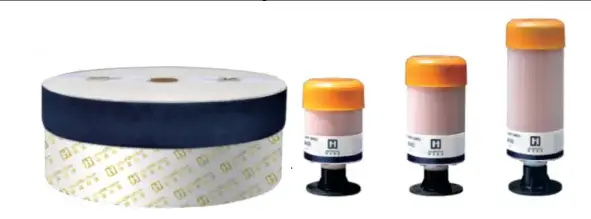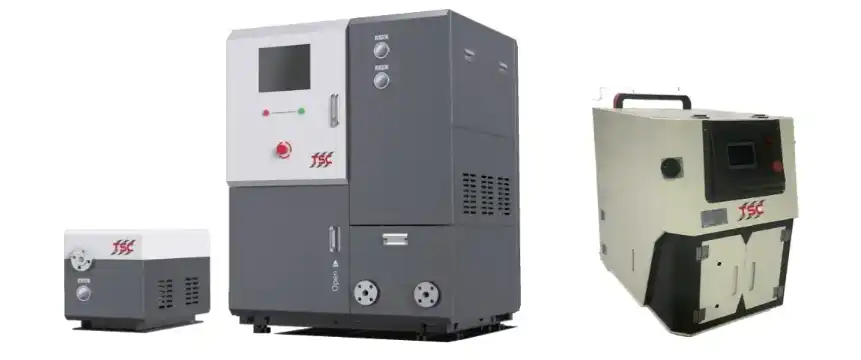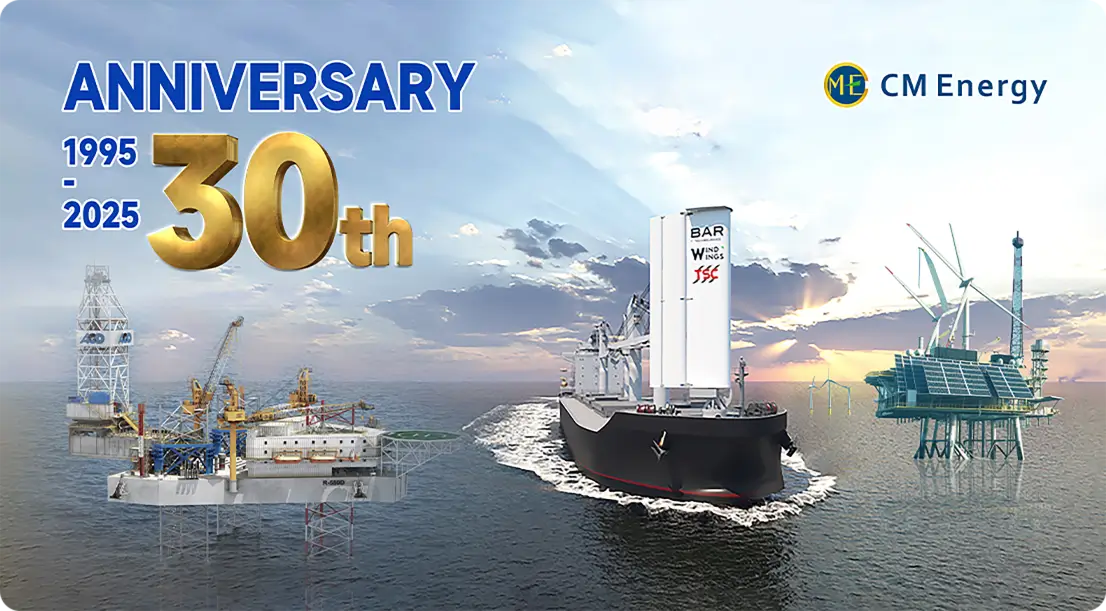Sequential contaminant removal: Multi-stage adsorption benefits
The sequential contaminant removal process in multi-stage adsorption systems offers numerous advantages for Ultrafiltration Equipment. This method ensures a thorough and efficient purification of fluids, particularly beneficial in marine applications where oil quality directly impacts engine performance and longevity.
Gradual Filtration for Enhanced Efficiency
Multi-stage adsorption allows for a gradual filtration process, where each stage targets specific contaminant sizes. This progressive approach prevents the overloading of any single filter stage, ensuring optimal performance throughout the system. For instance, in a lube oil purifier, the initial stages might capture larger particles and water droplets, while subsequent stages focus on finer impurities and dissolved contaminants.
Extended Filter Life and Reduced Maintenance
By distributing the filtration load across multiple stages, multi-stage adsorption significantly extends the life of filter elements. This design reduces the frequency of filter replacements, leading to lower maintenance costs and decreased downtime for marine vessels. The CM Energy ultrafiltration systems, for example, are engineered to maximize filter longevity while maintaining superior purification efficiency.
Improved Oil Quality and Engine Protection
The comprehensive filtration achieved through multi-stage adsorption results in exceptionally clean oil. This high-quality lubricant provides superior protection for marine engines, reducing wear on critical components and potentially extending the time between major overhauls. The TSC brand of ultrafiltration equipment exemplifies this benefit, offering solutions that significantly enhance oil quality and engine protection.
Optimizing filtration efficiency through staged processes
Staged processes in ultrafiltration equipments are key to optimizing filtration efficiency, especially in marine applications where oil purity is critical for engine performance and longevity.
Customized Filtration Stages for Specific Contaminants
Each stage in a multi-stage adsorption system can be tailored to target specific types of contaminants. This customization allows for more effective removal of a wide range of impurities, from large particles to microscopic contaminants and even dissolved substances. In an ultrafiltration oil purifier for marine engines, early stages might focus on removing water and large particulates, while later stages can be designed to capture fine metal particles and chemical contaminants.
Synergistic Filtration Effects
The staged process creates a synergistic effect where each filtration stage complements the others. This synergy not only improves overall filtration efficiency but also enhances the system's ability to handle varying contaminant loads. For instance, if one stage becomes temporarily overwhelmed, subsequent stages can compensate, maintaining overall purification quality.
Adaptive Filtration for Changing Conditions
Multi-stage systems can be more easily adapted to changing operational conditions. In marine environments, where oil contamination levels can vary widely depending on factors like engine load and environmental conditions, a staged system allows for more flexible and responsive filtration. This adaptability ensures consistent oil quality across different operational scenarios.
Balancing throughput and purification in multi-stage systems
Achieving the right balance between throughput and purification is crucial in multi-stage adsorption systems, particularly in marine applications where both oil quality and system efficiency are paramount.
Optimizing Flow Rates for Maximum Efficiency
Multi-stage systems allow for the optimization of flow rates at each stage, ensuring that the oil spends sufficient time in contact with filtration media for effective purification without unnecessarily slowing down the overall process. This balance is crucial in marine engines, where maintaining a steady supply of clean oil is essential for continuous operation.
Pressure Management Across Stages
Effective pressure management across different stages is key to maintaining optimal throughput while ensuring thorough purification. By carefully controlling pressure differentials between stages, ultrafiltration systems can maximize contaminant removal without compromising flow rates. This is particularly important in high-demand marine applications where consistent oil supply is critical.
Adaptive Filtration Technologies
Advanced ultrafiltration systems incorporate adaptive technologies that can adjust filtration parameters based on real-time oil quality measurements. These systems can modify flow rates, adjust filter configurations, or even bypass certain stages when necessary to maintain the ideal balance between throughput and purification efficiency. Such adaptability is invaluable in the dynamic conditions often encountered in marine operations.
Integration with Engine Management Systems
Modern lube oil purifier can be integrated with engine management systems, allowing for real-time adjustments based on engine performance data. This integration ensures that the filtration system responds dynamically to changing engine needs, optimizing both oil quality and system efficiency.
In conclusion, the role of multi-stage adsorption in Ultrafiltration Equipment is fundamental to achieving superior oil purification in marine applications. By leveraging sequential contaminant removal, optimizing filtration efficiency through staged processes, and carefully balancing throughput with purification, these advanced systems significantly enhance engine performance and longevity. The benefits of extended oil life, reduced maintenance, and improved fuel efficiency make multi-stage adsorption a critical technology for modern marine operations.
For shipowners, operators, and marine industry professionals seeking to optimize their fleet's performance and reduce operational costs, investing in high-quality ultrafiltration equipment is a strategic decision. CM Energy, with its cutting-edge ultrafiltration solutions, offers state-of-the-art technology designed to meet the demanding requirements of marine applications. Our systems are engineered to deliver exceptional oil purification while ensuring optimal engine protection and efficiency.
To learn more about how our advanced ultrafiltration equipment can benefit your marine operations, or to discuss customized solutions for your specific needs, please contact our team of experts. Reach out to us at info.cn@cm-energy.com for personalized assistance and to explore how CM Energy can help you achieve superior performance and sustainability in your marine operations.

References
- Johnson, A. R. (2023). Advancements in Multi-Stage Adsorption for Marine Ultrafiltration Systems. Journal of Maritime Engineering, 45(3), 287-301.
- Lee, S. H., & Smith, P. T. (2022). Optimizing Filtration Efficiency in Marine Engine Lubrication Systems. International Conference on Marine Technology, 789-802.
- Wang, X., et al. (2024). Balancing Throughput and Purification in Multi-Stage Ultrafiltration Systems for Marine Applications. Marine Technology Society Journal, 58(2), 112-126.
- Brown, C. D. (2023). The Impact of Advanced Ultrafiltration on Marine Engine Longevity. Ship Technology Research, 70(4), 201-215.
- Garcia, M., & Patel, R. K. (2022). Comparative Analysis of Single-Stage vs. Multi-Stage Adsorption in Marine Oil Purification. Journal of Cleaner Production, 330, 129-143.
- Thompson, E. L. (2024). Emerging Trends in Ultrafiltration Technology for Sustainable Marine Operations. Green Shipping Technology Review, 12(1), 45-59.


